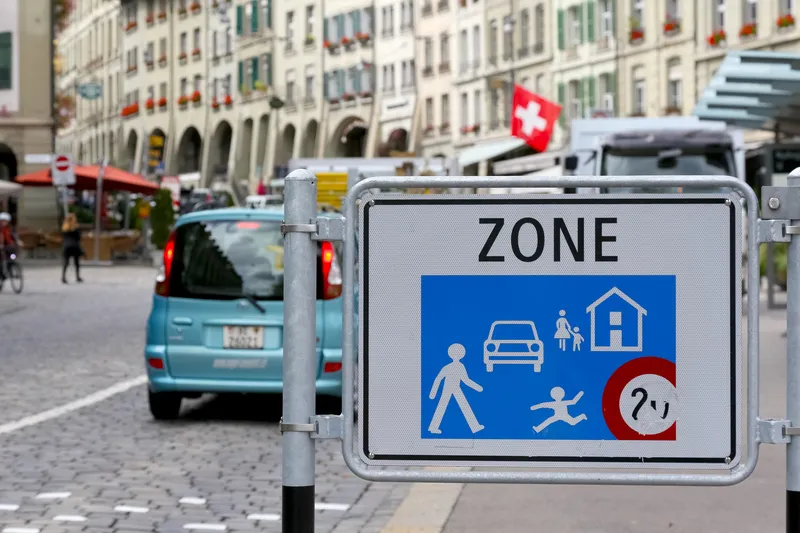
The Switzerland-based International Road Federation - IRF (Geneva) - has launched the 60th Edition of the IRF World Road Statistics (WRS).
Produced annually since 1964, the 2023 edition covers road and transport data for more than 200 countries 2016-21 and provides over 200 key indicators.
These include country profiles, road networks, traffic, expenditure, CO2 emissions and energy consumption.
Supported by the TotalEnergies Foundation and Michelin Corporate Foundation, WRS Data is available for free through the IRF Data Warehouse Online Platform.
IRF director general Susanna Zammataro says: “This data work is a testimony to our commitment to promoting sustainable and safe transport systems around the world. We believe that knowledge is the key to progress and, thanks to the generous support of our partners, we are proud to offer this valuable resource to all.”
The platform is interactive, with dashboards enabling users to easily visualise the data and compare it across multiple countries and times, or to compare several metrics for one country.

"We believe in the power of data in informing the development and implementation of road safety policies and actions that are evidence-based," says Jacques Emmanuel Saulnier, TotalEnergies senior vice president citizenship engagement.
Other data repositories including SuM4All’s Global Tracking Framework for Transport, the CCG Transport Starter Data Kits, ADB’s Asian Transport Outlook (ATO) and the E-Survey of Road User’s Attitudes (ESRA) say the WRS Data has allowed them to validate their own data collection.
“Tracking the gap between the transport sector’s ambition and reality requires consistent, reliable, and relevant data," says Carolina Monsalve, SuM4All program manager.
WRS Data is "an indispensable constituent of SuM4All’s overall effort to monitor transport systems performance globally”, she added.
Sudhir Gota, Co-Team Leader, Asian Transport Outlook (ATO) says the stats are "instrumental in refining and validating our own data, ultimately reinforcing the successful execution of key ADB and AIIB projects throughout Asia”.
IRF (Geneva) says WRS Data is also contributing to projects such as Learn, an initiative which seeks to improve knowledge, skills and collaborative actions on road safety data.
"Quality data is hard to obtain because it is typically very expensive," says Gladys Nyachieo, senior lecturer at the Multimedia University of Kenya and a member of the Learn coalition.
"Having access to a free resource such as the IRF World Road Statistics is key to ensuring sustainability, replicability, and the scaling up of road safety data-driven projects like Learn."











